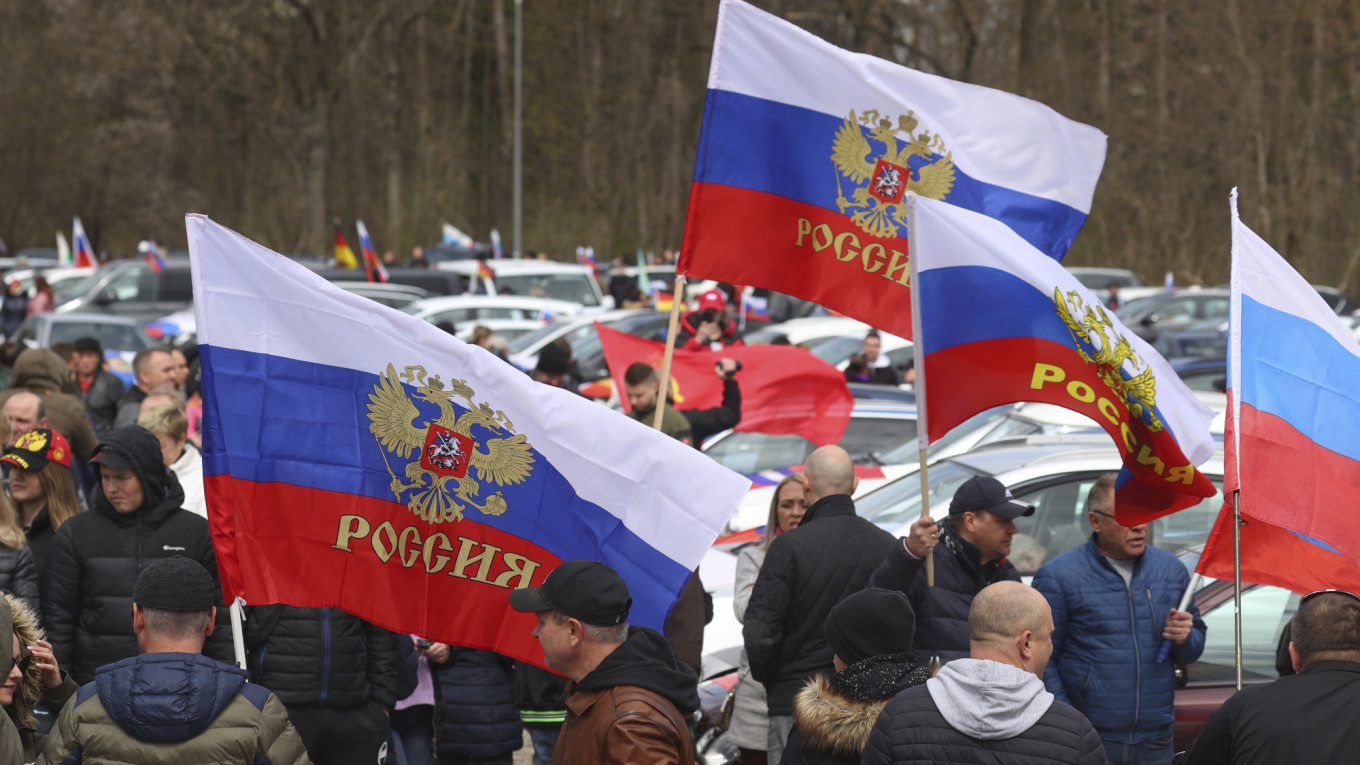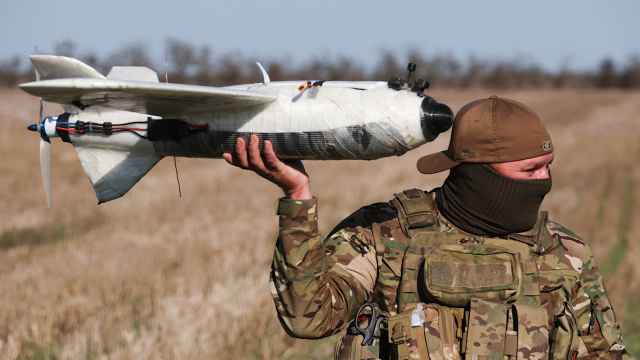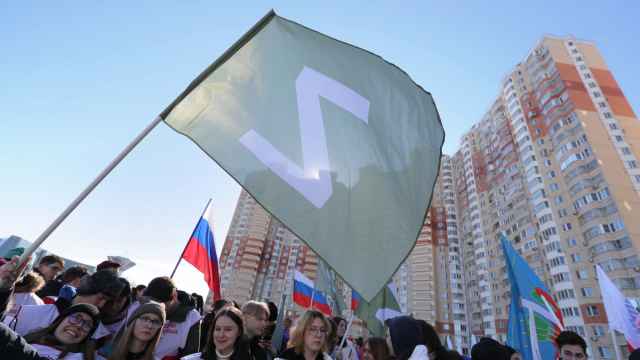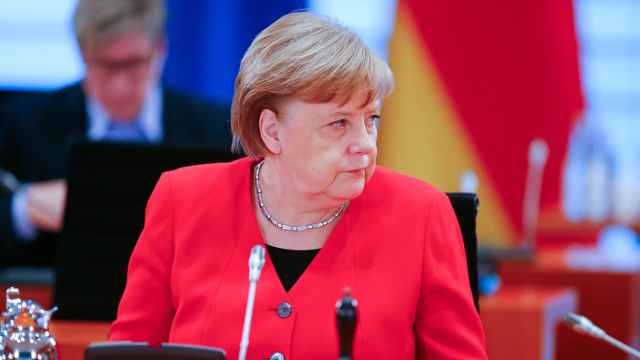Pro-Russia protesters rallied in Germany on Sunday, with the country's significant Russian-speaking population demanding an end to the discrimination it says it has suffered since war began in Ukraine.
Germany is home to 1.2 million people of Russian origin and 325,000 from Ukraine. Authorities fear the conflict could be imported into Germany and the protests used to promote Moscow's war narrative.
Police have recorded 383 anti-Russian offenses and 181 anti-Ukrainian offenses since the Kremlin's invasion started on February 24.
Around 600 people descended on financial hub Frankfurt on Sunday amid a sea of Russian flags to protest "against hatred and harassment," an AFP journalist saw, and there was a heavy police presence.
"I came here because I support peace, children are beaten at school because they speak Russian, that's not acceptable," Ozan Yilmaz, 24, told AFP.
"The war didn't start this year, it has been going on since 2014 and so I find that speaking of an attack" against Ukraine by Russia is "not really appropriate," said Sebastian, 25, who was in the crowd.
Police threw up a large cordon to separate the protesters — marching behind a banner that read "Truth and diversity of opinion over PROPAGANDA" — from a pro-Ukraine counter-demonstration of around 100 people near the city's central banking district.
Approximately 600 demonstrators staged a car convoy in the northern city of Hanover following an appeal by the Russian-speaking community, local police told AFP.
Police said they were closely monitoring the convoy. A counter-demonstration in the city under the banner "Support Ukraine!" attracted 3,500 people, according to police.
Similar protests were held on Saturday in Stuttgart and in the northern city of Lubeck, where around 150 people took part.
Lubeck police said they stopped a convoy of around 60 vehicles because it broke the law by expressing support for "Russia's war of aggression against Ukraine" and using "banned symbols."
A Message from The Moscow Times:
Dear readers,
We are facing unprecedented challenges. Russia's Prosecutor General's Office has designated The Moscow Times as an "undesirable" organization, criminalizing our work and putting our staff at risk of prosecution. This follows our earlier unjust labeling as a "foreign agent."
These actions are direct attempts to silence independent journalism in Russia. The authorities claim our work "discredits the decisions of the Russian leadership." We see things differently: we strive to provide accurate, unbiased reporting on Russia.
We, the journalists of The Moscow Times, refuse to be silenced. But to continue our work, we need your help.
Your support, no matter how small, makes a world of difference. If you can, please support us monthly starting from just $2. It's quick to set up, and every contribution makes a significant impact.
By supporting The Moscow Times, you're defending open, independent journalism in the face of repression. Thank you for standing with us.
Remind me later.






